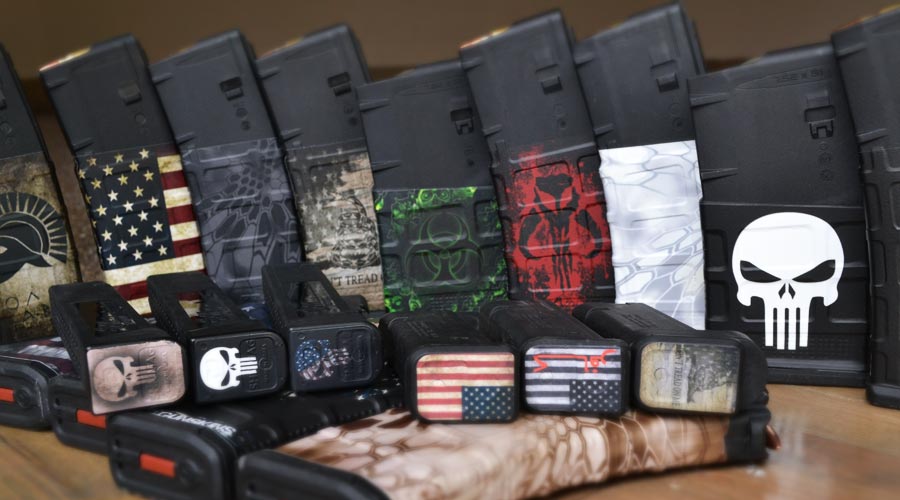Gun ownership is a topic that sparks strong opinions across the country. Whether you’re a lifelong firearm owner or someone considering buying a gun for the first time, understanding the laws around guns is absolutely essential. These laws are not only in place to ensure public safety but also to protect your rights as a responsible gun owner.
The truth is, gun laws can be complicated. They vary from state to state, and even small changes in legislation can have a big impact on what’s allowed and what’s not. That’s why it’s so important to keep yourself informed and up to date. If you're ever unsure about what’s legal in your area or what to do if you're facing a firearm-related charge, it’s a smart move to consult Olen Firm Criminal Defense Lawyers. They can help guide you through the legal maze and protect your rights.
In many parts of the United States, especially in cities where crime or safety is a major concern, knowing your rights and responsibilities around gun use is critical. From background checks to where you can carry your weapon, the rules are clear in some places and much more complex in others.
Let's break things down into simple terms so you know exactly what you need to look out for.
Who Can Legally Own a Gun?
First things first — not everyone is legally allowed to own a firearm. Federal law says you must be at least 18 years old to buy a shotgun or rifle and 21 to buy a handgun from a licensed dealer. But there's more to it than just age.
People who have been convicted of a felony, are under a restraining order for domestic violence, or have certain mental health issues are not allowed to own or possess a gun. These rules apply across the country, though your state may have extra conditions or restrictions.
Background Checks and Waiting Periods
Before you can buy a gun from a licensed dealer, you’ll need to go through a background check. This process is handled through the National Instant Criminal Background Check System (NICS). It’s designed to screen out buyers who aren’t legally allowed to own a gun.
Some states have waiting periods that require you to wait a certain number of days after purchasing a firearm before you can take it home. These laws are in place to prevent impulsive acts of violence and give authorities time to complete a full background check.
Open Carry vs. Concealed Carry
Open carry means carrying a gun in plain sight. Concealed carry means keeping a weapon hidden on your body or in a bag. Whether or not you can do either depends on your state’s laws.
Some states allow open carry without a permit. Others require a special license. Concealed carry laws are usually stricter. You often need to take a safety course, pass a background check, and get a permit. Some states make it easier than others, and a few don’t allow it at all.
Gun-Free Zones
Even if you have a permit, there are places where you can’t bring a firearm. Schools, government buildings, airports, and courthouses are usually considered gun-free zones. If you're caught with a weapon in one of these areas, you could face serious criminal charges — even if you had no intention of doing anything wrong.
Safe Storage and Transport
Storing your firearm safely is just as important as how you carry it. Many states require you to keep guns locked in a safe or with a trigger lock, especially if there are kids in the home.
When transporting firearms, it’s also important to follow the law. Usually, this means unloading the weapon, locking it in a container, and keeping it separate from the ammunition. Different states have different rules, so always double-check if you're traveling.
Final Thoughts
Gun ownership comes with big responsibilities. Whether you're new to it or have owned firearms for years, it's your duty to stay informed and follow the law.
Laws can change quickly, and what’s legal in one state might be illegal in another. When in doubt, do your research and don’t hesitate to get legal advice. Understanding the law is the first step in being a safe and responsible gun owner.







